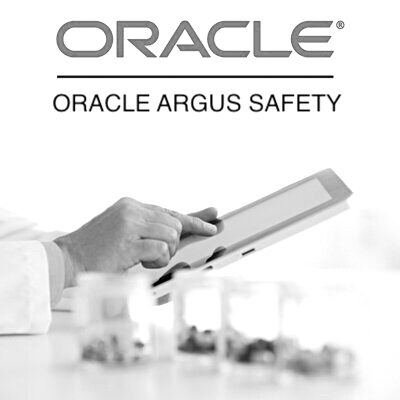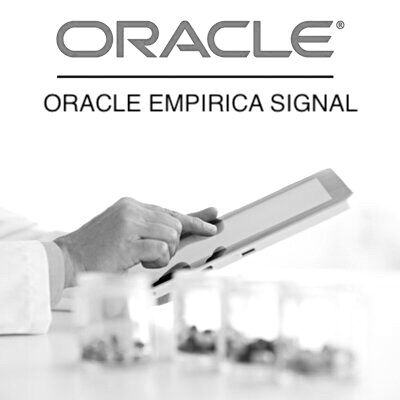Job opportunities in Pharmacovigilance
Job opportunities in Pharmacovigilance
Pharmacovigilance is a field focused on monitoring and evaluating the safety and efficacy of drugs and medical devices. It involves the collection, assessment, and management of adverse event reports and other safety-related data. Here are some job opportunities in pharmacovigilance:
- Drug Safety Associate: Drug safety associates are responsible for collecting, reviewing, and processing adverse event reports and other safety-related information. They ensure the accurate and timely reporting of safety data to regulatory authorities, maintain safety databases, and assist in the preparation of safety reports.
- Pharmacovigilance Specialist: Pharmacovigilance specialists have in-depth knowledge of safety regulations and guidelines. They evaluate adverse event reports, perform causality assessments, and contribute to the overall safety assessment of drugs and medical devices. They also handle safety-related queries from healthcare professionals, patients, and regulatory authorities.
- Pharmacovigilance Scientist: Pharmacovigilance scientists play a key role in analyzing and interpreting safety data. They conduct signal detection and risk management activities, contribute to the development of safety-related documents, and provide scientific expertise in the assessment of safety profiles for drugs and medical products.
- Medical Reviewer: Medical reviewers assess the medical and scientific aspects of adverse event reports. They evaluate the clinical relevance of reported events, review patient medical histories, and provide medical input in the safety assessment process. Medical reviewers often collaborate with other professionals, such as physicians and pharmacists, to ensure accurate and comprehensive evaluations.
- Pharmacovigilance Manager: Pharmacovigilance managers oversee the pharmacovigilance activities within an organization. They coordinate and lead a team of pharmacovigilance professionals, manage safety databases, ensure compliance with regulatory requirements, and contribute to the development of pharmacovigilance strategies and processes.
- Pharmacovigilance Compliance Specialist: Compliance specialists focus on ensuring adherence to pharmacovigilance regulations and guidelines. They develop and implement pharmacovigilance compliance programs, conduct audits, and provide guidance on compliance-related matters. They also assist in the preparation of regulatory submissions and inspections.
- Drug Safety Physician: Drug safety physicians have a medical background and provide medical expertise in the pharmacovigilance field. They review and assess adverse event reports, contribute to safety signal detection and risk management activities, and provide medical input for safety-related decisions and documents.
- Benefit-Risk Manager: Benefit-risk managers evaluate the overall benefit-risk profiles of drugs and medical products. They assess the balance between therapeutic benefits and potential risks, provide recommendations for risk mitigation strategies, and contribute to benefit-risk assessments and decisions.
- Pharmacovigilance Quality Assurance Specialist: Quality assurance specialists ensure that pharmacovigilance activities comply with quality standards and regulations. They develop and implement quality assurance processes, conduct internal audits, and provide recommendations for process improvements and corrective actions.
- Drug Safety Operations Manager: Drug safety operations managers oversee the operational aspects of pharmacovigilance activities. They manage the workflow and resources within the pharmacovigilance department, ensure timely and accurate processing of safety data, and collaborate with cross-functional teams to streamline processes and ensure compliance.
These are some examples of job opportunities in pharmacovigilance. The field of pharmacovigilance offers a range of roles within pharmaceutical companies, contract research organizations (CROs), regulatory agencies, and healthcare institutions. A background in life sciences, pharmacy, medicine, or a related field is typically preferred, and knowledge of pharmacovigilance regulations, such as ICH (International Council for Harmonisation) guidelines, is often required.
Salary chart for roles in Pharmacovigilance
Here’s a generalized salary chart for various levels of pharmacovigilance roles:
| Role | Entry Level Salary | Mid-Level Salary | Senior Level Salary |
|---|---|---|---|
| Drug Safety Associate | $45,000 – $60,000 per year | $60,000 – $75,000 per year | $75,000 – $90,000+ per year |
| Pharmacovigilance Specialist | $55,000 – $70,000 per year | $70,000 – $85,000 per year | $85,000 – $100,000+ per year |
| Pharmacovigilance Manager | $80,000 – $100,000 per year | $100,000 – $120,000 per year | $120,000 – $140,000+ per year |
| Pharmacovigilance Director | $120,000 – $150,000 per year | $150,000 – $180,000 per year | $180,000 – $220,000+ per year |
These salary ranges are approximate and can vary significantly based on factors such as geographical location, company size, industry sector (pharmaceuticals, biotechnology), educational background, certifications, and years of experience. It’s advisable to research specific job postings and consult industry salary surveys for the most accurate and up-to-date information. Additionally, executive-level positions such as Director may have variable compensation structures that include bonuses, stock options, and other benefits.
You may be interested in the programs below:
-
 eLearning + software
eLearning + softwareOracle Argus Safety Essentials
$599.00 -
 eLearning + software
eLearning + softwareOracle Argus Safety Essentials + Console
$799.00 -
 Live Online
Live OnlineOracle Argus Safety – Live Online
$999.00 -
 Live Online
Live OnlineOracle Argus Safety + Console – Live Online
$999.00 -
 eLearning + software
eLearning + softwareOracle Empirica Signal
$599.00 -
 Live Online
Live OnlineOracle Empirica Signal – Live Online
$999.00 -
 eLearning + software
eLearning + softwareDiploma in Pharmacovigilance
$799.00 -
 eLearning + software
eLearning + softwareArgus Safety – Business Configuration and Administration
$599.00
